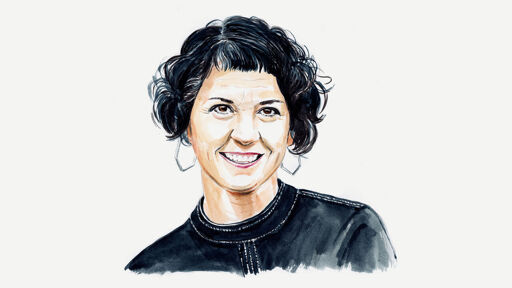cross-posted from: https://lemmy.sdf.org/post/45452609
Op-ed by Laura Murphy, professor of Human Rights at Sheffield Hallam University in the UK. Her work focuses on Modern slavery. Murphy became prominent recntly when Sheffield Hallam apologised to her for removing their support for her work on forced labour in China.
In august last year a senior colleague informed me that the university where I work, Sheffield Hallam University (shu), would not publish my team’s research exposing Uyghur forced labour in the critical-minerals sector in China. I was also told that, if necessary, shu was prepared to take the highly unusual step of voluntarily returning hundreds of thousands of pounds in grant funding rather than have future projects bear the imprimatur of the Helena Kennedy Centre (hkc), the university’s human-rights research institute for which I had been working since 2019.
What could possibly induce a university to make such a surprising decision, especially one that had spent years standing up to harassment from Chinese authorities for its research on Uyghur forced labour, and whose own chancellor had been hit with sanctions by the Chinese government for her criticism of rights abuses in China?
[…]
The research in question was a series of reports my team had published documenting the systematic use of forced labour in the Uyghur region of China (known in China as the Xinjiang Uyghur Autonomous Region). Government-imposed forced labour affects at least a fifth of the Uyghur and Kazakh population in the region, making it probably the largest system of state-imposed forced labour the world has seen since the Holocaust. The Chinese government and Chinese companies had for years tried to stop my team from publicising the resulting risk to the integrity of international supply chains—including for solar modules, clothing, cars, electronics, chemicals and, not inconsequentially, critical minerals.
[…]
Academic freedom is the cornerstone of knowledge production in democratic societies. Preserving it requires that universities shelter researchers from the retaliation of authoritarian governments by refusing to surrender to threats or put harnesses on their faculty’s research agenda. Universities protect that freedom in part by securing the necessary insurance to cover their researchers. And they provide financial and administrative support to faculty to pursue the questions that animate them, regardless of whether they are considered “sensitive”.
[…]



Of course China is the goat at using authoritarian pressure to suppress knowledge, but hey America is quickly catching up